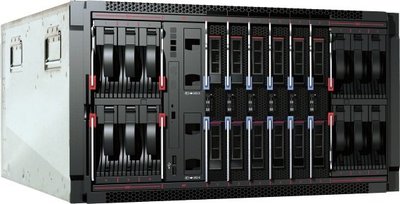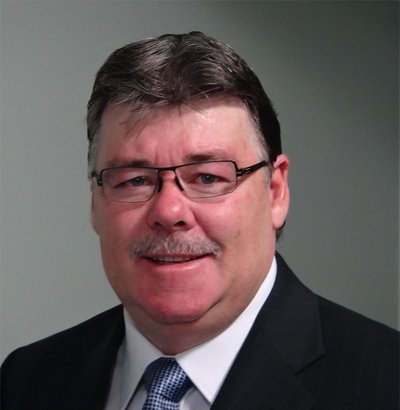Spending money to save money: technology from the IT world helps industry save
When I met with Garry Mahoney, Pacific Sales Director of Honeywell Process Solutions, at the recent Honeywell Users Group forum in Perth, he had a lot to say about how the current economic environment is impacting the mining, oil and gas industries.
|
He said that capital expenditure has reduced or in many cases completely ‘dried up’, and that most organisations a trying to achieve a 20-25% reduction in operating costs - which can be in the form of direct cost cuts, but also in the form of efficiency gains. Business transformationMost businesses can make some cost savings here and there, but what they are seeing is that they need a business transformation to sustain ongoing lower costs within their business. This means changing business processes around productivity and reliability, and newer technologies available for managing plant data can greatly assist. |
|
“During the commodity boom, the imperative was to get it out of the ground and onto the ships as fast as possible, and take the high price. Now, there is not as much emphasis on throughput, but the cost structures are the same, so you want to avoid incidents, so that you are optimising your operation. Maybe you can run your plant faster, but you don’t need to - with the same cost structure you want to be able to produce and not have downtime, and then not have to ‘sweat the asset’ really hard to catch up,” he explained.
There is also the problem of knowledge leaving the industry, or moving from site to site, so the problem is also how do you retain the knowledge at a site? The answer is that the knowledge needs to build it into systems, so that the knowledge is retained when people leave - another reason why data integration is becoming increasingly important.
I asked Mahoney whether most customers have a lot of data in different solutions but don’t have a way to use it efficiently together, and whether they were seeing this as an important aspect of their business which, if improved, could greatly benefit their productivity.
“A lot of customers are beginning to see that cutting labour will not provide the savings they are looking for, and that they need to do what they are already doing but in a better and more efficient way. Of course, they need to continue providing the shareholder value and keeping the share price moving in the right direction, but if they see a clearly identifiable project that will save them money in the future, then they are quite willing to spend the money,” he said.
“During the GFC, nobody had money to lend - you couldn’t get money from a bank - but that is no longer the issue,” Mahoney continued. “We find that with the exception of a few notable organisations that have been in the news of late, most industries have cash, and they are tending to maintain it to bolster the share price. But if they see a project that will have a positive return in, say, three or six months, then they are investing. Generally the mindset has shifted from ‘labour adjustment’ to improving productivity by business adjustment.
Adopting newer technology
Of course there are many other areas where savings are to be found, and Honeywell recently released its premium virtualisation solution to assist in lowering the TCO of plant computer systems.

“Of course ‘improving productivity’ will mean different things to different people,” Mahoney continued.
“For example, if you have a light industrial site, you may have up to 20 or 30 large servers chewing up power in an air-conditioned control room. Having this many servers and maybe 40 or 50 operator consoles is costly to operate, manage and maintain. Now with virtualisation, such as with our new blade servers, it is possible to scale the servers back to maybe half a dozen servers, dramatically reducing cost of ownership. This is not only a direct cost saving, but impacts productivity through the lowered support costs,” he said.
Naturally, collaboration technology such as Honeywell’s Experion Collaboration Station will only be as useful as the data provided to it, so software and data integration is key to its success, as is leveraging a broader range of data inputs, such as security and surveillance systems, as well as safety and fire systems. To this end, Honeywell had an impressive number of solutions across a broad range of applications on display at the HUG conference - all of which could provide information to such a system. They also previewed an advanced operator console technology under development that is designed to reduce operator fatigue and thereby lower incidents caused by operator error.
So the goal, at least for the near term, is improved productivity, reliability and safety - and we are living in a time where technology is there to help us achieve these goals, if we are willing to utilise it.
The US market opportunity Australian engineering firms need right now
Australia is in the midst of an engineering talent crisis, but recuiting graduates from the US...
2026 Thought Leaders: Jimmy Martin
Jimmy Martin of AMCS Group discusses the use of AI in the waste and recycling industry.
Australia must rethink the foundations of industrial automation
In order to compete globally, we need a willingness to rethink the foundations and build...












